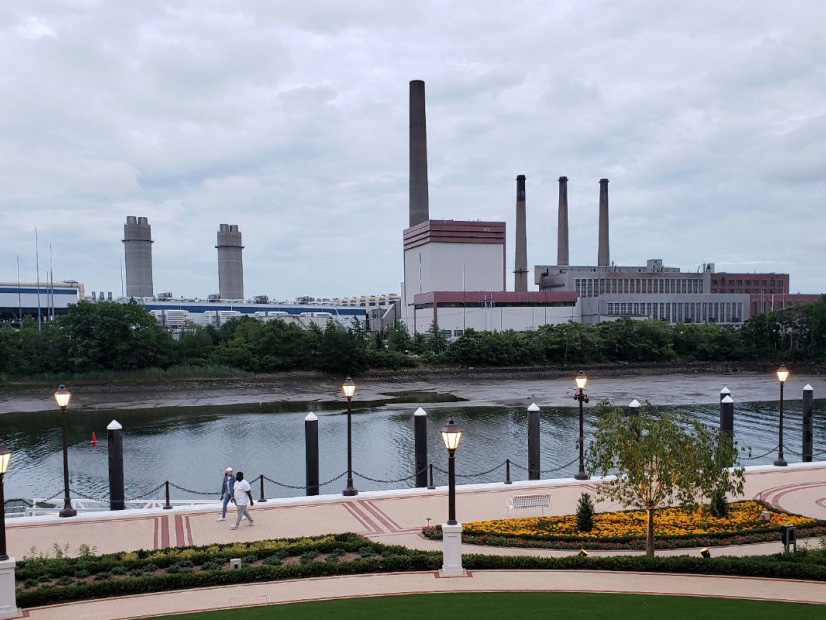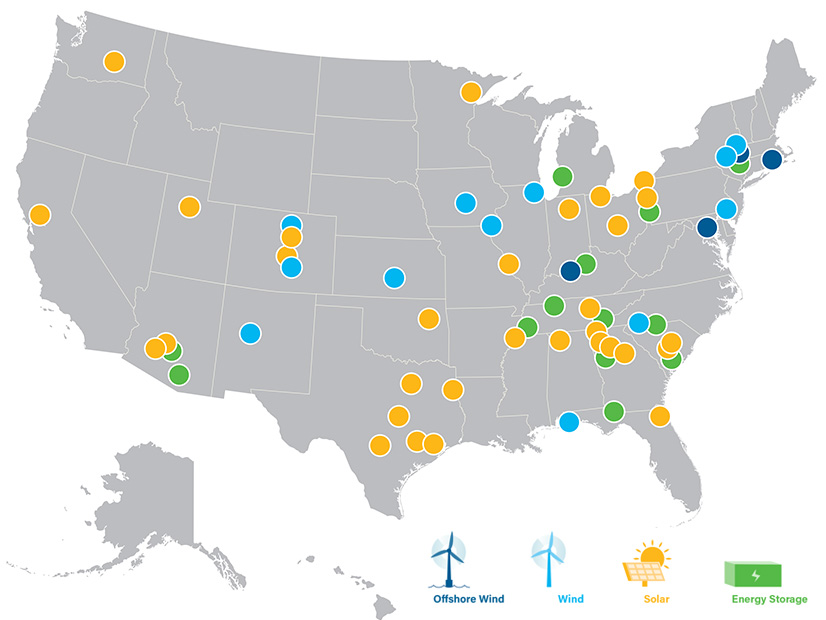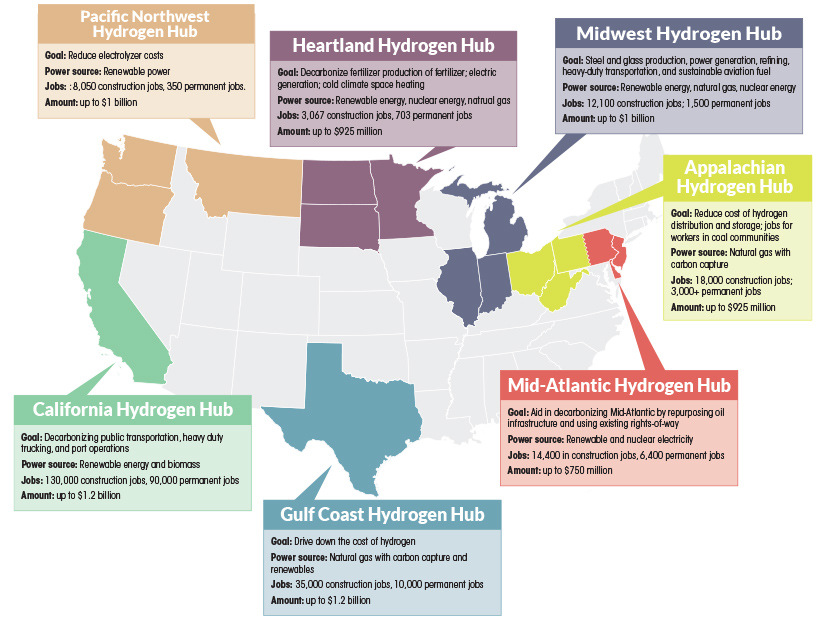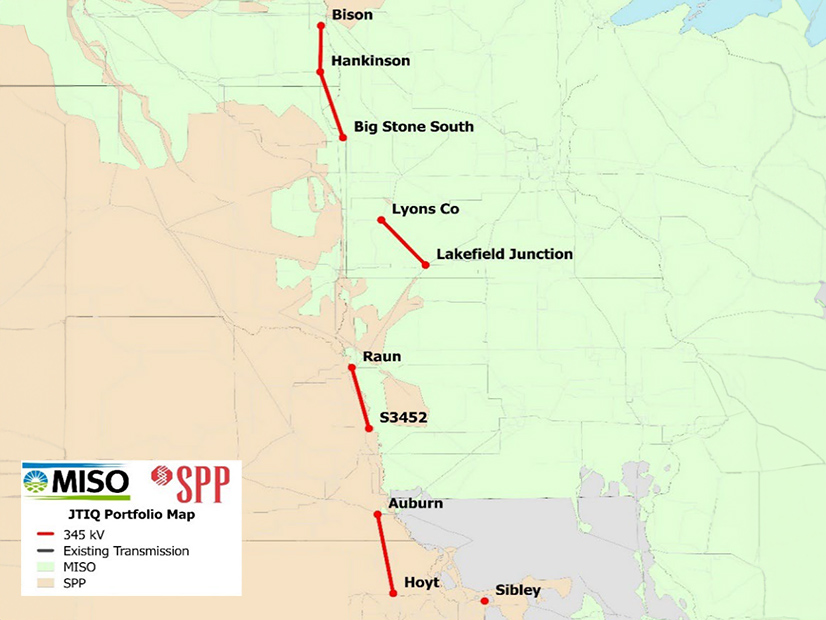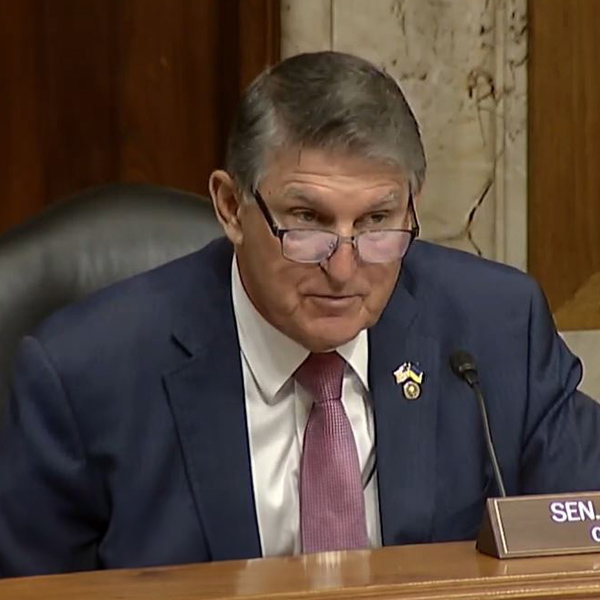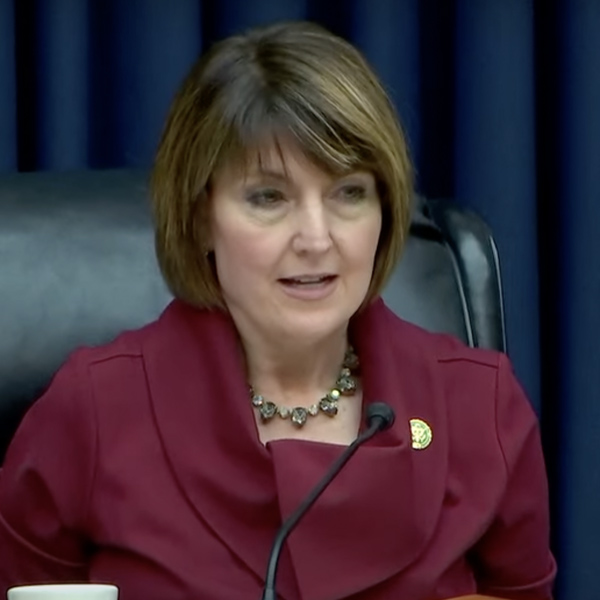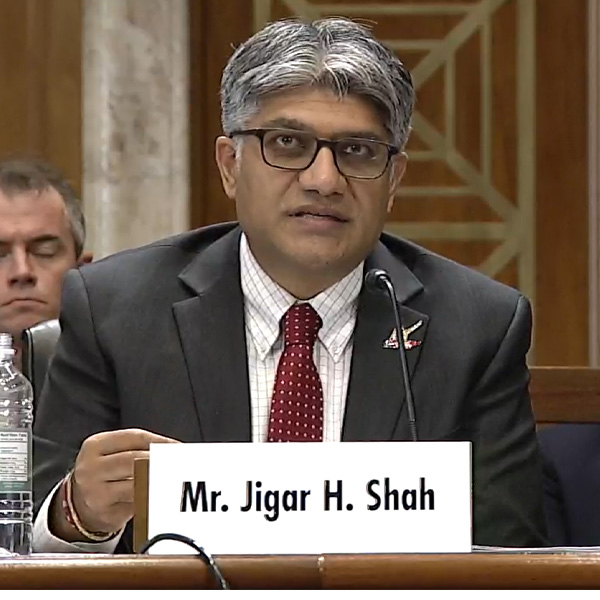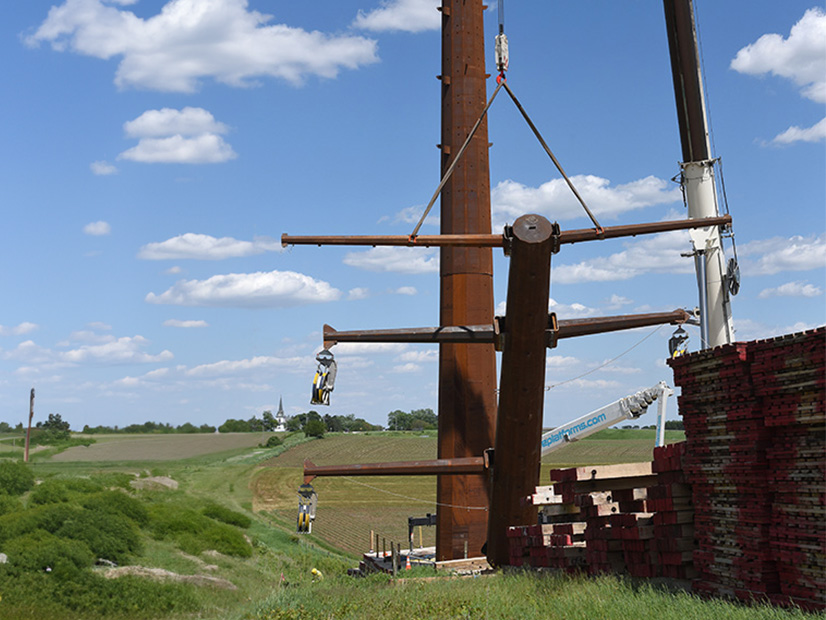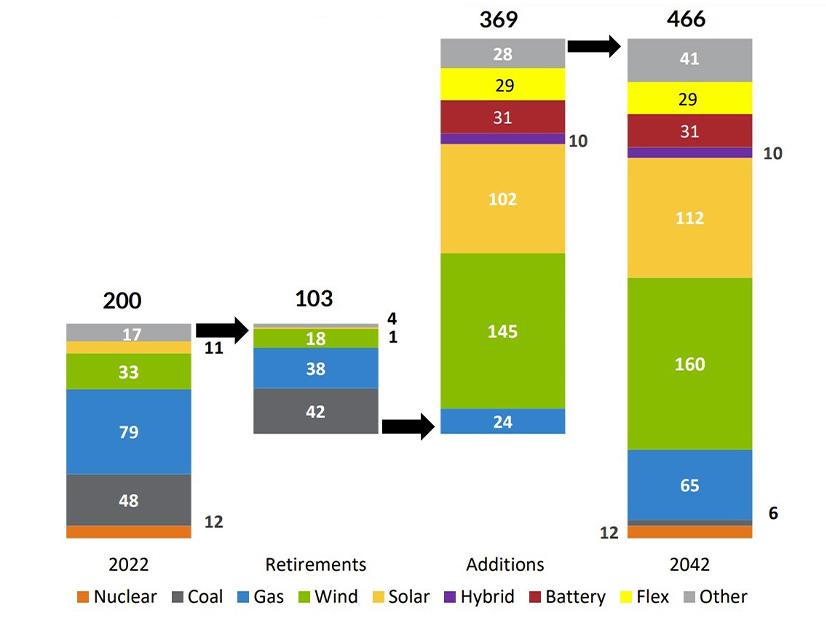ISO-NE enters 2024 with several major projects underway and is grappling with the sweeping changes and long-term uncertainty brought by the clean energy transition.
As the climate consequences of fossil fuel consumption accelerate, the RTO is tasked with balancing the at-times-competing objectives of grid reliability and decarbonization, all while keeping costs affordable for ratepayers. The proliferation of weather-dependent renewable resources accompanied by load growth from electrification poses novel challenges to the region.
Short on time and room for error, the region faces hard questions about the role of fossil fuels on the grid: Does a proposal to add natural gas capacity to Massachusetts have any chance to proceed amid the state’s intent to chart a future beyond gas? Will ratepayers be tasked with propping up an old LNG import terminal with unclear grid reliability benefits? Will a mix of intermittent renewables and clean dispatchable resources be able to scale up in time to replace retiring power plants?
For the states, 2024 also will bring major offshore wind solicitations coordinated between Massachusetts, Rhode Island and Connecticut. The Massachusetts legislature likely will try to piece together another wide-ranging climate bill aimed at speeding up the state’s clean energy transition.
Transmission will be another key area of work, as the Northeastern states look to increase collaboration to enable large-scale infrastructure investments.
As the clean energy transition heats up, there is no shortage of work left to do for New England’s policymakers, advocates, RTO officials and industry members.
Blowin’ in the Wind
Following a year characterized by high-profile offshore wind project cancellations, 2024 will be a crucial year offshore wind in the Northeast.
The success of the region’s nascent offshore wind industry will have both climate and reliability ramifications: ISO-NE resource adequacy assessments indicate offshore wind will be an essential resource for preventing energy shortfalls in the coming years. (See ISO-NE Study Highlights the Importance of OSW, Nuclear, Stored Fuel.) Offshore wind is also one of the key pieces of the states’ decarbonization ambitions — “an anchor for our state’s short-term and long-term success,” according to Massachusetts’ Gov. Maura Healey.
While the first wave of projects in the Northeast are set to power up in 2024, experts have expressed concern that the recent project cancellations threaten the states’ 2030 clean energy goals and that the region’s next round of projects may not come online until the 2030s because of the delays. (See Long-term Optimism Meets Short-term Concern at Offshore WINDPOWER 2023.)
To counteract the headwinds brought by high interest rates, inflation and supply chain constraints, Massachusetts, Rhode Island and Connecticut have agreed to coordinate their upcoming offshore wind solicitations to use their collective buying power. (See Mass., RI, Conn. Sign Coordination Agreement for OSW Procurement.)
Bids are due Jan. 31. In the meantime, lawmakers will hold their breath hoping for an abundance of affordable proposals.
Eyes on the Capacity Market
Major changes to ISO-NE’s forward capacity market are on the horizon in 2024. In early November, ISO-NE filed to delay forward capacity auction (FCA) 19 by a year to complete its ongoing resource capacity accreditation (RCA) project and consider structural changes to the capacity auction’s design. (See NEPOOL Votes to Delay FCA 19.)
The RCA project is set to shake up how the capacity market values the contributions of various resource types and could have significant implications on the capacity revenues available to both fossil and renewable generators.
Prior to a delay in the RCA project caused by a software error last year, early results (subject to change) indicated the accreditation changes would boost offshore wind and energy efficiency, while lowering the accreditation values of solar, storage and most fossil resources.
Gas resources that lack firm fuel commitments are likely to take an accreditation hit, incentivizing gas plants to firm up their fuel supplies through pipeline contracts or other supply arrangements. A similar phenomenon could occur for storage — short-duration batteries are likely to lose accreditation value, creating incentives for the development of longer-duration batteries. The RCA updates also likely will create an incentive for oil-burning resources to increase their on-site storage capabilities to improve their accreditation.
Grid officials and stakeholders also will spend a significant portion of the upcoming year considering whether to change the capacity market design from a forward-annual market to a prompt-seasonal market.
While auctions currently are held more than three years prior to their yearlong capacity commitment period (CCP), the prompt-seasonal format under consideration would cut the period between the auction and the CCP to just a few months, while breaking up the CCP into distinct seasons. (See Analysis Group Recommends Prompt, Seasonal Capacity Market for ISO-NE.)
A draft report by Analysis Group recently recommended ISO-NE make the changes for FCA 19, saying a prompt-seasonal market would better prepare the region for the evolving resource and risk profile. ISO-NE plans to make its own recommendation in early 2024, after which stakeholder and grid officers would have to hammer out the specifics of the new capacity market.
Fossil Fuel Infrastructure, New and Old
The new year likely will bring some clarity to the ongoing saga of the Everett LNG import terminal, which has an uncertain future with the impending retirement of its main customer, the Mystic Generating Station, in the spring of 2024.
In November, FERC Chair Willie Phillips and NERC CEO Jim Robb issued a joint statement detailing their concerns about the reliability of the region’s gas and electric systems if Everett follows Mystic into retirement. (See FERC, NERC Leaders Voice Concern About Loss of Everett Marine Terminal.)
Evidence presented at a gas-electric reliability forum held in Maine in June demonstrated the importance of Everett to the gas system, Phillips and Robb said. (See NE Stakeholders Debate Future of Everett at FERC Winter Gas-Elec Forum.) While ISO-NE’s winter reliability studies indicate the facility is not necessary to ensure the reliability of the grid in the coming decade, this conclusion may prove unfounded if the study assumptions around new resources and load growth are incorrect, they added.
At the same time, some ratepayer advocates (most vocally New Hampshire Consumer Advocate Don Kreis) argue the costs of Everett should not be forced on electric ratepayers with no evidence the facility provides any cost or reliability benefits to the grid.
Constellation Energy — owner of the Everett and Mystic facilities — has engaged in negotiations with Massachusetts gas utilities about keeping the facility open, but the talks have yet to produce an agreement, despite a Constellation representative’s testimony at the June meeting that “we’re just running out of time.”
Other aging fossil resources could face retirement in the coming years. In New Hampshire, the last remaining coal plant in New England submitted a dynamic delist bid and did not get a capacity supply obligation in FCA 17, which corresponds to the 2026-27 CCP.
The Merrimack Station, which has a capacity of 482 MW, has failed to complete a series of emissions tests over the past year, potentially indicating an additional air pollution risk for nearby residents and giving additional ammunition for climate activists calling for its immediate closure.
If the plant cannot fulfill its capacity obligation when called upon, it would face steep financial charges from ISO-NE.
Despite fossil retirements and increasing clean energy generation, the door is not closed on new fossil fuel infrastructure in New England. Enbridge is pursuing a project to significantly expand the capacity of its Algonquin pipeline into Massachusetts, and the company solicited requests for firm gas contracts this fall. (See Enbridge Announces Project to Increase Northeast Pipeline Capacity.)
In this open season request, Enbridge cited the grid’s continued reliance on natural gas, while noting that gas generators contract for only a small fraction of the gas needed to operate at full capacity. The pipeline company said the lack of firm gas contracts drives higher energy prices and hurts grid reliability during winter gas constrained periods.
The company’s case for more firm gas contracts could be bolstered by new resource accreditation rules that provide additional incentives for these contracts.
At the same time, the project is sure to face difficult climate and political headwinds. Massachusetts has strict sector-specific decarbonization targets, including a 70% reduction in power sector emissions by 2030 relative to 1990 levels. Furthermore, Gov. Healey has positioned herself as a climate champion, and climate and environmental justice activists have vowed to fight any gas expansion into the state.
Clean Energy Transmission
ISO-NE and the New England states are set to continue their work establishing a new long-term transmission planning process to facilitate the development and cost sharing of large-scale projects. The proposal would enable the states to direct ISO-NE to issue a request for proposals to address issues raised in longer-term studies.
Once ISO-NE has selected a solution, the states can choose to proceed with the project, either under a default regionalized cost allocation methodology or with an alternate methodology. The process is intended to enable a more proactive planning process that accounts for expected load growth and impending transmission constraints.
To advance interregional transmission, the six New England states, along with New York and New Jersey, launched a collaboration effort in June focused on enabling the interconnection of offshore wind. The announcement cited a pair of recent U.S. Department of Energy studies that demonstrated the need for new transmission capacity between the Northeast and Mid-Atlantic regions.
Meanwhile, ISO-NE, in coordination with NYISO and PJM, is contemplating whether to increase its single source contingency limit. The limit, which is set at 1,200 MW, applies to “all possible contingencies,” including new transmission infrastructure and generators, and is intended to prevent any outage from having an outsized impact on the system.
ISO-NE, NYISO and PJM are pursuing an interregional study looking into the justification of the current limit and potential upgrades, operational changes and associated costs associated with increasing the limit to 2,000 MW. Increasing the limit could enable larger interregional transmission lines and potentially facilitate the development of larger offshore wind projects.
But Wait, There’s More
Since helping elect a group of climate activists to lead ISO-NE’s Consumer Liaison Group at the end of 2022, members of grassroots climate and environmental justice groups have pushed the RTO to increase transparency and public engagement within its decision-making processes, board meetings and NEPOOL proceedings. (See Climate Activists Take Over Small Piece of ISO-NE.)
And 2024 could bring an increased focus on environmental justice at the RTO. At the request of five of the New England states, ISO-NE has agreed to include an environmental justice position in its 2024 budget. Activists have called on ISO-NE to hire someone with experience working closely with vulnerable communities.
ISO-NE and stakeholders also face a significant amount of work associated with FERC Order 2023 compliance, which is intended to reduce resource interconnection backlogs. To comply with the rule, the RTO is redrawing a large portion of its interconnection process. (See ISO-NE Details Order 2023 Tariff Changes.)
In Massachusetts, lawmakers are aiming to construct another omnibus climate bill building on major legislation passed in 2021 and 2022. A wide-ranging climate bill could have broad implications for climate and energy policy across the region. (See Checking in on Clean Energy at the Mass. Legislature.)
Topics the legislature has considered include the expansion of the state’s municipal gas infrastructure ban, the elimination of competitive residential electric suppliers in the state, and reforms to the state’s permitting and siting processes for clean energy.
